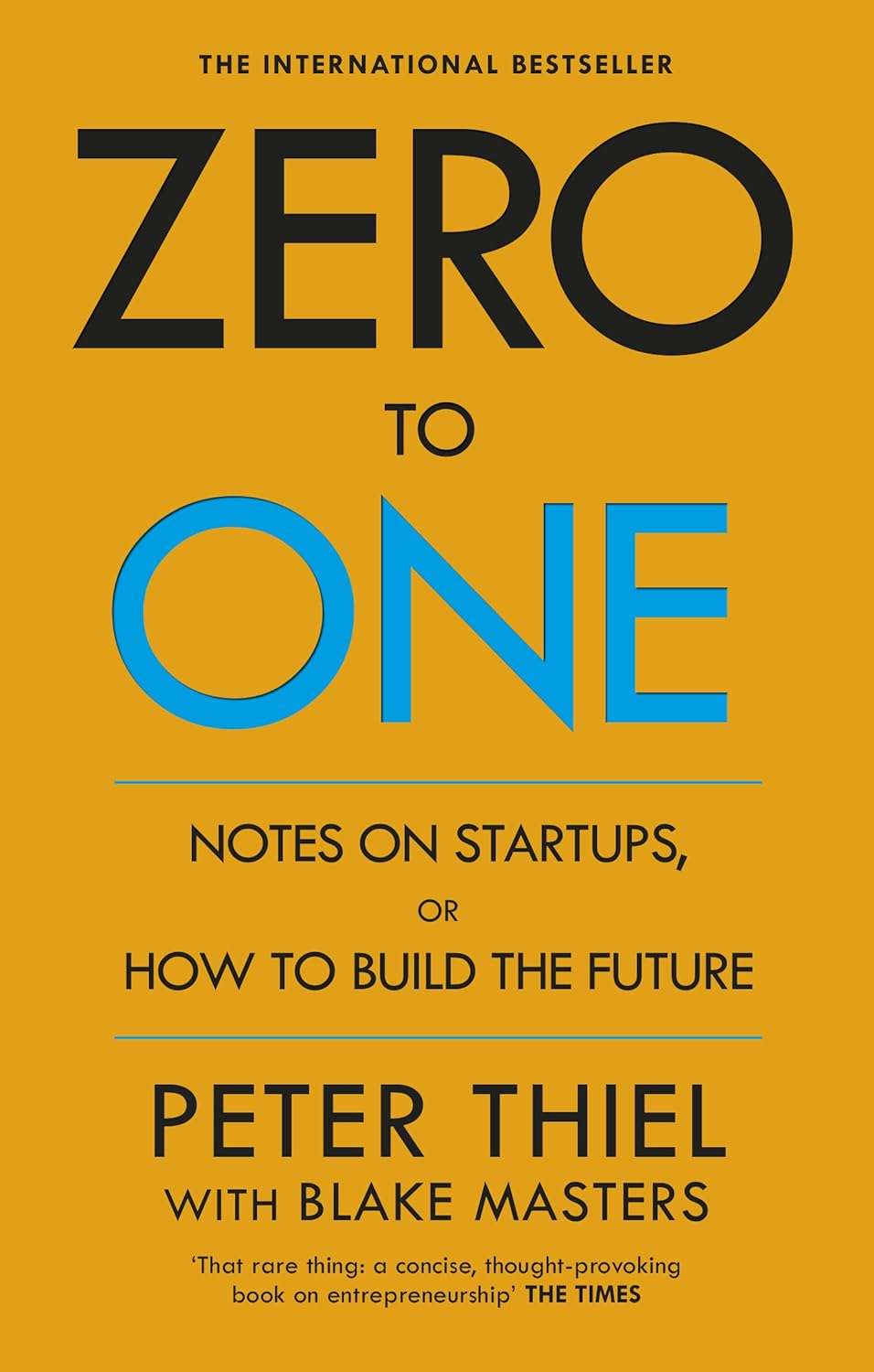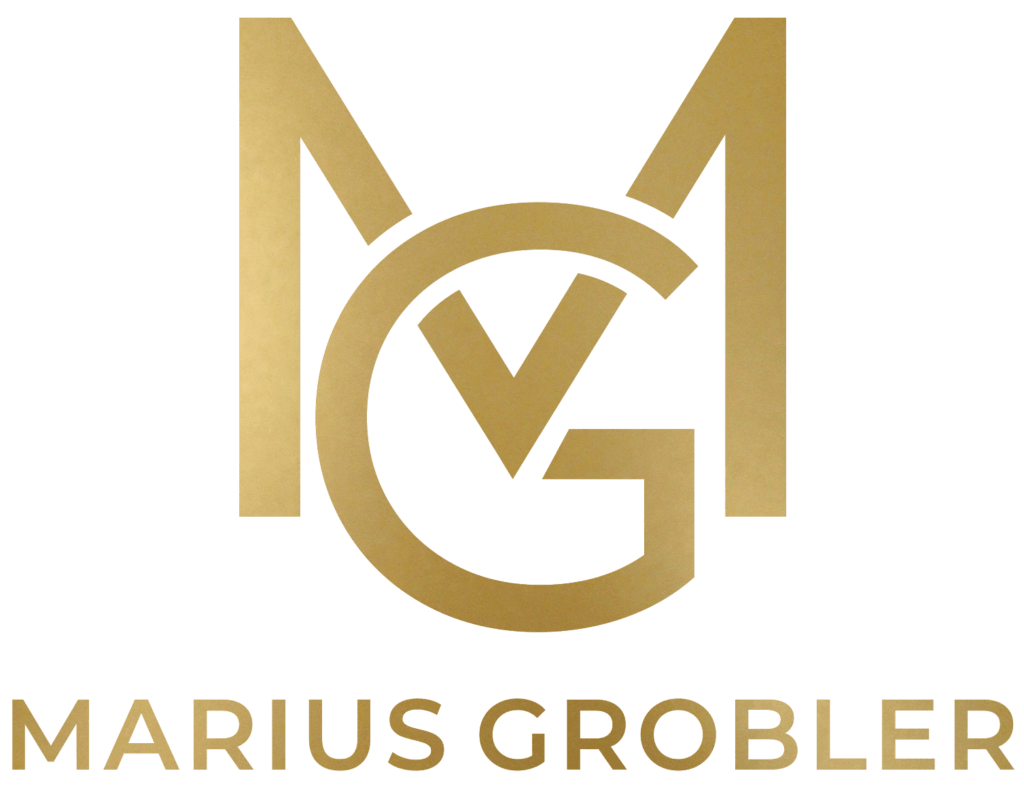ZERO TO ONE
FULL SUMMARY & KEY TAKEAWAYS

“Zero to One: Notes on Startups, or How to Build the Future”
by Peter Thiel with Blake Masters
Introduction:
“Zero to One” challenges conventional wisdom about startups and innovation. Peter Thiel, a successful entrepreneur and investor, argues that the most valuable companies create entirely new things, going from zero to one, rather than improving existing ones (going from 1 to n). The book encourages readers to think critically about the future and build monopolies by creating unique value.
Key Concepts:
- Going from 0 to 1 vs. 1 to n: Thiel distinguishes between horizontal progress (copying existing models) and vertical progress (creating something new). True innovation involves the latter.
- Building a Monopoly: Thiel argues that monopolies are good because they allow companies to innovate without the pressure of competition. However, he emphasizes creating monopolies by providing unique value, not through anti-competitive practices.
- Last Mover Advantage: Being the last great development in a specific market is more important than being first. Dominating a niche market allows for long-term growth and profitability.
- Power Law: In venture capital, a small number of companies generate the majority of returns. Investors should focus on identifying and investing in these potential outliers.
- Definite vs. Indefinite Optimism/Pessimism: Thiel identifies four worldviews and argues that the most successful societies and companies have “definite” plans for the future, rather than being passively optimistic or pessimistic.
Lean Thinking in Large Companies:
Large companies can apply Thiel’s principles by fostering internal innovation and encouraging employees to think outside the box. They should identify and invest in projects that have the potential to create entirely new markets or disrupt existing ones, rather than simply focusing on incremental improvements.
Key Takeaways:
- Don’t just copy existing ideas; create something new and valuable.
- Aim to build a monopoly by dominating a niche market.
- Focus on long-term planning and building a sustainable business.
- Identify and invest in potential outliers.
- Have a definite vision for the future.
Conclusion:
“Zero to One” is a thought-provoking guide for entrepreneurs and investors who want to build truly innovative companies. By challenging conventional wisdom and encouraging readers to think critically about the future, Thiel provides a framework for creating businesses that can change the world. This book is particularly valuable for those seeking to create disruptive technologies and build lasting monopolies.

Marius Grobler is an authorised representative and Key Individual of Trive South Africa (Pty) Ltd FSP 27231.
The content on this webiste should not be considered as advice.
© Marius Grobler 2025. All rights reserved. Powered by Social Revolution